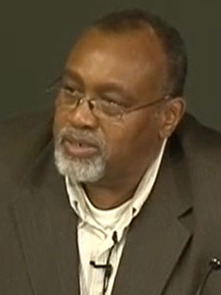A Quote by Nicholas Negroponte
We've been working now with computers and education for 30 years, computers in developing countries for 20 years, and trying to make low-cost machines for 10 years. This is not a sudden turn down the road.
Related Quotes
You can put a person in jail for 5 years, for 10 years, or 20 years, for the same crime. We're deciding on 10 years to 20 years, when 5 years would be enough. Okay. The deterrent value, the additional amount of leverage that you get over a criminal to keep them from breaking the law in the first place, associated with making the sentences longer, is de minimous; it's essentially nothing.
Eventually, we need to have computers that work differently from the way they do today and have for the past 60-plus years. We're capturing and generating increasingly massive amounts of data, but we can't make computers that keep up with it. One of the most promising solutions is to make computers that work more the way brains work.



































